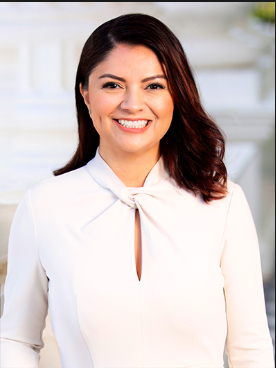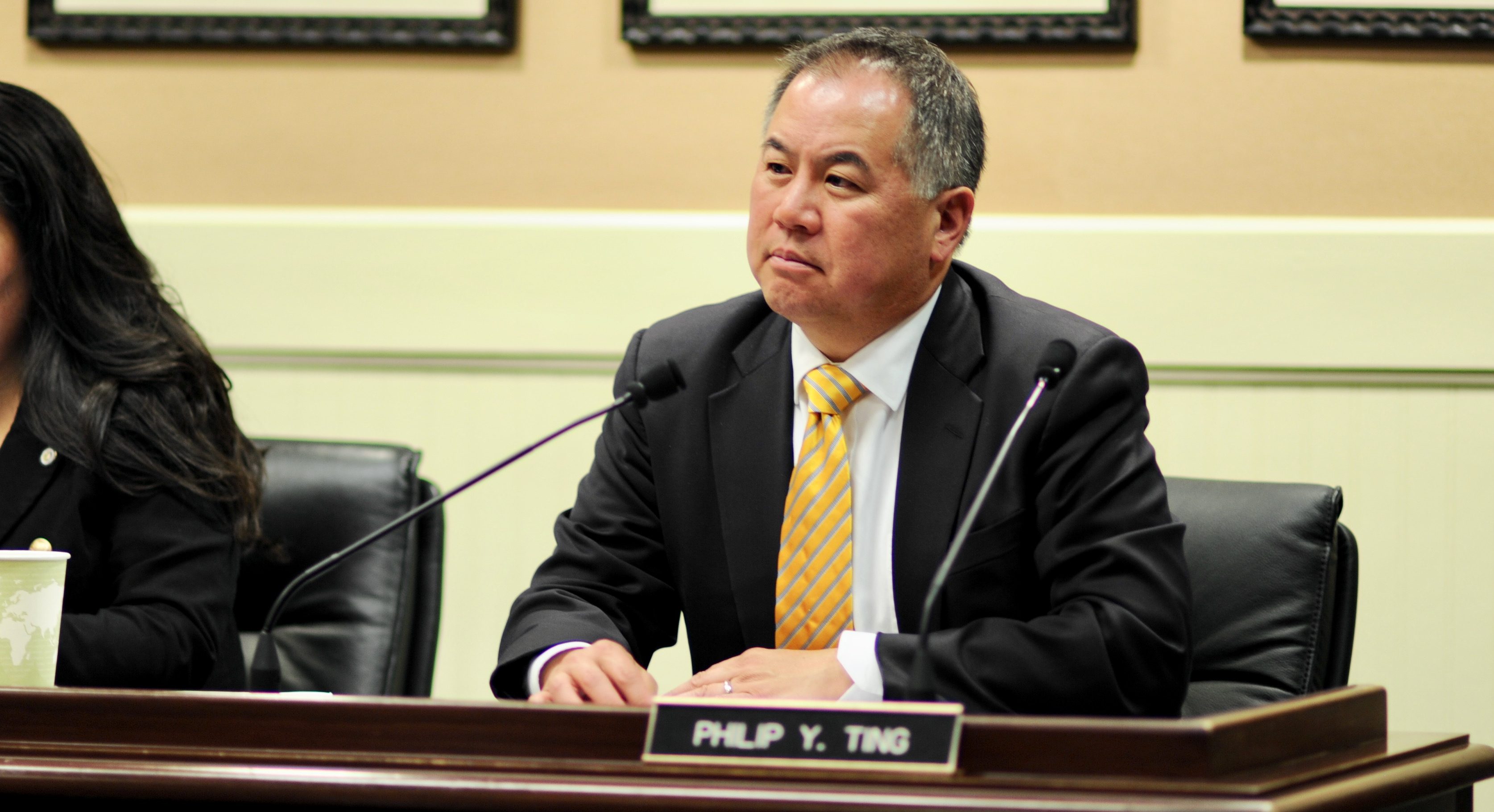
Senator Marie Alvarado-Gil. (Photo: sd04.senate.ca.gov/biography)
SB 881: Paid Sick Days
It would allow an employer to cap accrued paid sick days to 40 hours rather than 24 hours
By Chris Micheli, March 26, 2023 6:02 pm
Senate Bill 881 by Sen. Marie Alvarado-Gil (D-Jackson) to deal with paid sick days. Previously a bill by Senator Glazer dealing with worker classification, SB 881 would amend Labor Code Sections 246 and 248.5.
Section 1 of the bill would amend Labor Code Section 246 to change the accrual method used by employers to ensure that an employee has no less than 40 hours (rather than 24) of accrued sick leave or paid time off by the 200th calendar day (rather than 120th) of employment or each calendar year. In addition, it would allow an employer to satisfy the accrual requirements by providing an employee no less than 40 hours (rather than 24 hours) or five days (rather than three days) of paid sick leave by the time of the employee’s 200th calendar day.
And, it would allow an employer to cap accrued paid sick days to 40 hours (rather than 24 hours) or five days (rather than three days) in each year of employment. The increase to forty hours or five days in each year of employment per 12-month period would begin January 1, 2026. An employer could also cap an employee’s total accrual of paid sick leave at 80 hours (rather than 48 hours) or 10 days (rather than 6 days).
The bill would also require paid sick time for nonexempt employees to be paid “at the employee’s base rate of pay” (rather than “calculated in the same manner as the regular rate of pay for the workweek in which the employee uses paid sick time, whether or not the employee actually works overtime in that workweek”).
The bill would also add additional provisions to this section of Labor Code. First, if an employee uses paid sick leave, an employer may request that an employee provide a written statement signed by the employee stating that the employee was absent from work for a reason specified. In addition, if an employee uses paid sick leave on three or more consecutive work days, an employer may request that an employee provide reasonable written documentation demonstrating that the employee was absent from work for a reason specified. And, an employer would not be in violation of this section if the employer denies leave based on a determination that the verification or documentation provided is false.
Finally, on or after January 1, 2024, a county, city, or municipality would be prohibited from adopting any ordinance, resolution, law, rule, or regulation or amend any such ordinance, resolution, law, rule, or regulation regarding paid sick leave other than related to COVID-19-specific paid sick leave. Moreover, this section would preempt any existing local ordinance, resolution, law, rule, or regulation regarding earned sick leave, other than local ordinances regarding COVID-19-specific sick leave, including any local ordinance that requires an employer to provide a number of paid sick days in excess of what is required by this section.
Section 2 of the bill would amend Labor Code Section 248.5 to provide that this article would not be enforced by the Private Attorneys General Act (PAGA).
- Exchange Services for Supervised Child Visitation - February 6, 2026
- General Provisions on Enforcement of Judgments - February 5, 2026
- Fish and Game Management - February 5, 2026





Senator Marie Alvarado-Gil is another leftist Democrat who has never started or ran a business. She has spent most of her time in the Bay Area and has a master’s degree in public administration from University of San Francisco. She was installed to represent the newly redrawn Senate District 4 which is a largely rural district, viewed by election analysts as one of the most conservative in the state, includes all of Tuolumne, Calaveras, Stanislaus, Amador, Alpine, El Dorado, Inyo, Madera, and Mariposa, counties, as well as parts of Merced, Mono, Nevada, and Placer counties. Six Republicans in the general-election victory diluted the vote in the June 7 primary and allowed Democrats Alvarado-Gil and fellow Democrat Tim Robertson to advance under the state’s top-two primary rules, in which the two candidates with the most votes move on to the general election regardless of their party affiliation. She does not represent the political view of the majority of her constituents.
True, I live in Amador. She tries to look like a conservative in her flannel shirts and such but it is plain that she is a bay area liberal. Such a disappointment, I moved up here to get away from these people. Just a reminder, conservative or not, we are still in corrupt California.